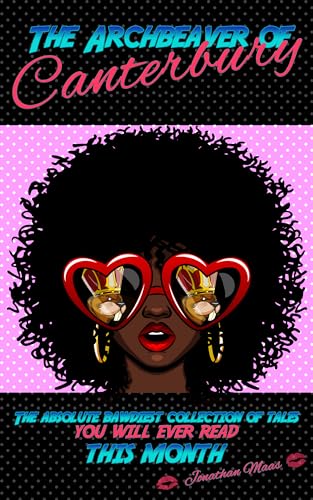CLEANOvercoming Addiction and Ending America's Greatest Tragedyby David Sheff Is a comprehensive exploration of addiction, its devastating impact on individuals and society, and the urgent need for effective solutions to overcome this complex crisis. Drawing on scientific research, personal experiences, and interviews with experts and individuals struggling with addiction, Sheff presents a compelling case for a fundamental shift in the way addiction is understood, treated, and addressed.The book begins with Sheff's personal journey as a father witnessing his son, Nic, descend into the depths of addiction. Through this powerful narrative, Sheff highlights the universality of addiction and its ability to affect anyone, regardless of background or circumstances. This humanizing approach sets the stage for the rest of the book, as Sheff delves into the historical context of addiction in America and the numerous misguided approaches taken to combat it.One of the book's central arguments is that addiction should be viewed as a chronic brain disease rather than a moral failing or a lack of willpower. Sheff meticulously examines the scientific evidence supporting this viewpoint, emphasizing that addiction alters brain chemistry, making it a highly complex and challenging condition to treat. By framing addiction as a disease, Sheff advocates for a shift in public perception, urging society to adopt a more compassionate and understanding stance towards those affected.Sheff critiques the war on drugs and the punitive approaches that have dominated American drug policy for decades. He argues that the criminalization of drug use has resulted in a vicious cycle of incarceration, perpetuating addiction rather than addressing its root causes. Instead, Sheff advocates for a public health approach that prioritizes prevention, treatment, and harm reduction strategies. He cites examples from other countries that have implemented successful drug policies, highlighting the potential benefits of a more progressive and evidence-based approach.Furthermore, the book addresses the stigma surrounding addiction and its detrimental effects on individuals seeking help. Sheff stresses the importance of creating a supportive and non-judgmental environment to encourage those struggling with addiction to seek treatment. He also emphasizes the need for comprehensive and accessible treatment options, as well as ongoing support systems for individuals in recovery.Sheff discusses the impact of addiction on families and the necessity of family-centered approaches to recovery. He shares insights from his own experience as a parent dealing with a child's addiction and highlights the importance of educating families about addiction and equipping them with the necessary tools to support their loved ones.Another key aspect of the book is the exploration of the relationship between addiction and mental health. Sheff emphasizes the need to address co-occurring disorders and recognizes that treating addiction in isolation is often ineffective. Integrating mental health care into addiction treatment is crucial for achieving successful and lasting recovery outcomes.In summary, "Clean: Overcoming Addiction and Ending America's Greatest Tragedy" is a thought-provoking and compassionate examination of addiction as a chronic brain disease. David Sheff combines personal narratives, scientific research, and expert interviews to challenge existing perceptions, advocate for evidence-based solutions, and inspire a more empathetic and effective response to addiction in America. The book serves as a wake-up call, urging society to confront its greatest tragedy and work towards a future where addiction is understood, prevented, and treated with compassion and expertise.


